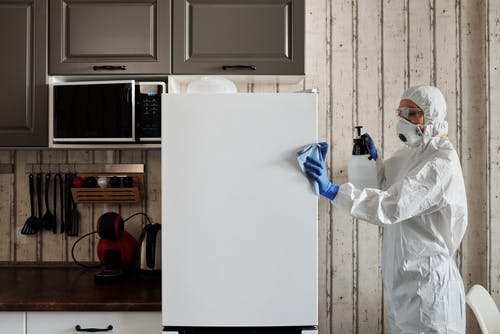Did you test COVID-19 positive and have currently shifted back home from the hospital? If so, even though you are better than the first day of the infection, complete recovery will take time. And with the healing, you will have to deal with breathlessness, fatigue, and other side effects that can have a psychological impact on you.
The American Psychological Association (APA) had published a study in July 2020, inThe Lancet Neurology highlighting the mild symptoms that patients faced after recovery. Reduces cognitive capacities, dizziness, lack of focus, brain fog, and headaches are some of the signs that patients faced. Additionally, the World Health Organization mentioned that these side effects might reduce in a few weeks or months. However, for some people, the symptoms might last a little longer.
According to Marcus Debaise, COVID-19 survivors must share their condition with their friends and family. And as they heal entirely, they can count on the following tips:
- Manage the expectations
Patients will face concentration and memory issues as they recover. It’s natural, and so there is nothing to get stressed about it. Allow all the time for the body and mind to heal. Once you recover completely, you can meet your old friends and get back to everyday life, maintaining all the security protocols.
- Focus on brain exercises
Marcus Debaise emphasizes the importance of playing word games, puzzles, memory, and number games. Reading is an excellent way to keep your brain active. Once you feel better, you can get back to your exercise and take challenges to increase the complexity level.
- Start using prompters
It’s natural to forget things that you want to do! Hence, it is crucial that you opt-in for reminders, lists, notes, and alarms. Mobile alarms and reminders are a good idea. And if you want to opt-in for a mobile detox, you can use the colored stick notes to write the daily goals and add to your routine. It will assist you to get back to your everyday routine.
- Move your body
Breathlessness and fatigue make it challenging for you to exercise. But you need to exercise for your immunity, and it’s okay if you start fast. You need to gently introduce low-intensity exercises like walking, Pilates, Tai-Chi, and yoga to your routine. Check how your body recuperates and make the necessary changes.
- Slow down
Marcus Debaise asks patients to slow down and allow the recovery to take place. Patients should bring down the stress to rush back to everyday life. That will help them heal faster and better. It is not a wise idea to track your progress daily as that will add extra stress and add to the palpable energy. Instead, they should seek peace in meditation and reading to allow the healing to occur.
One of the essential steps in healing is allowing others to help you. Patients need to know that even though they are out of the hospital, they are still vulnerable and requires care to become agile and healthy. Here it is necessary to seek comfort amidst family and friends and spend quality time with them following the safety protocols.


